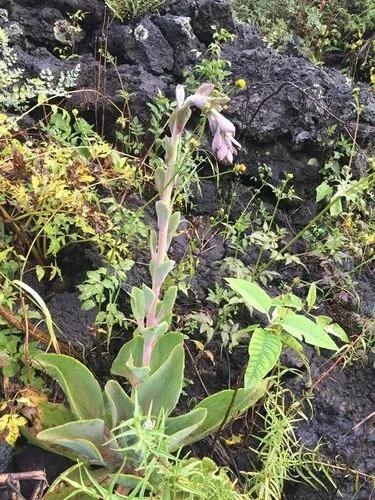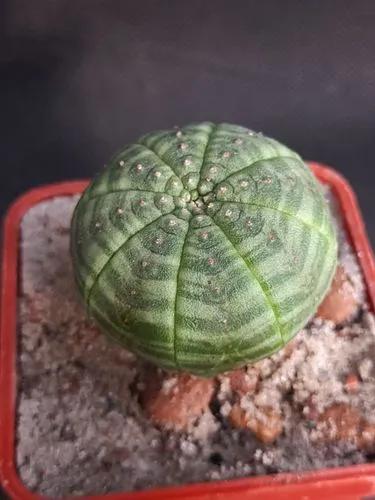Sedum tetractinum 'Coral Reef' is a little larger and slightly less hardy than many stonecrops. It has round leaves 0.75" long that turn coppery pink as they age. New growth is bright green with a slight pink edging.
Sedum tetractinum Care
Sedum tetractinum 'Coral Reef'



‘Coral Reef’ is a low-growing, mat-forming stonecrop or sedum cultivar. Foliage typically grows to 3” tall but spreads to 12” wide or more. Creeping stems root at the nodes. Tiny, star-shaped, white to pale pink flowers (to 3/4”) bloom in July-August on stems rising to 4-5” tall. It has round, flat green leaves. It is grown as a rock garden or small area ground cover. Best when planted in groups or massed as a ground cover.
How to Care for the Plant

Water

Regular water will help young plants establish roots and spread quickly, but mature Sedum can tolerate several months of drought. Reduce watering in winter.

Sunlight

Keep the plant in full sun. It also tolerates some light shade.

Soil

Plant in raised beds or containers with drainage holes and mix 50% coarse sand, pumice, or perlite into the soil to prevent rot. Outside, these plants will tolerate poor soil so long as drainage is good.

Temperature

Outside, it is hardy to -40° to -30°F (-40° to -34°C).

Container

This plant can be grown in a container. Choose a pot with enough drainage holes.

Popularity

73 people already have this plant 18 people have added this plant to their wishlists
Discover more plants with the list below
Popular articles






